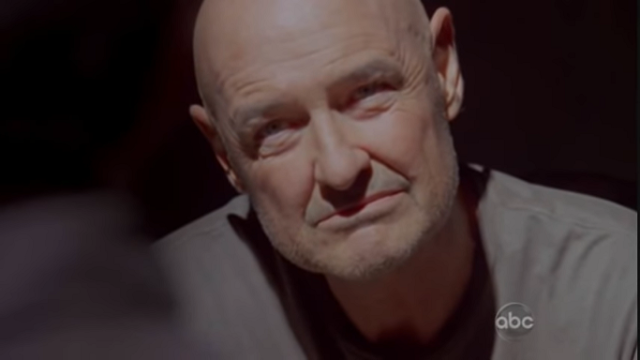Any story allowed to go long enough will eventually become about itself. This can be a good thing or a bad thing; I’m put off by mainstream superhero comic books because they strike me as shoddy, tedious commentary on themselves where characters are arguing over the logistics of concepts invented in the Thirties to amuse schoolchildren. But it’s impossible to deny the power of a story eating itself; much of the joy of Always Sunny from season five onward is seeing the characters warp into these monstrous creations in order to keep the show’s concept going. I often find myself thinking of this scene from LOST, in which the Man In Black gives what seems at the time to be the final word on John Locke.
This scene is far from irrelevant to the plot – not only does this humiliation factor into Ben’s next decision, it lands on a terrifying clarification of MIB’s motivation moving forward – but the pleasures of it are mostly not about plot, they’re about analysing a main character. There is something awe-inspiring in the way MIB articulates a common interpretation of Locke; as if a man really can be summed up in so few words. We were there, we know what he’s talking about and how true it is, and watching someone so casually and correctly dismiss a man we loved is soul-shaking – Michael Giacchino’s score seems to break into tears as the MIB spiritually tosses him aside. When you die, people are going to pick and choose what they remember about you, and they’re going to crush your story into an easy soundbite like that, and there’ll be nothing you can do about it.

